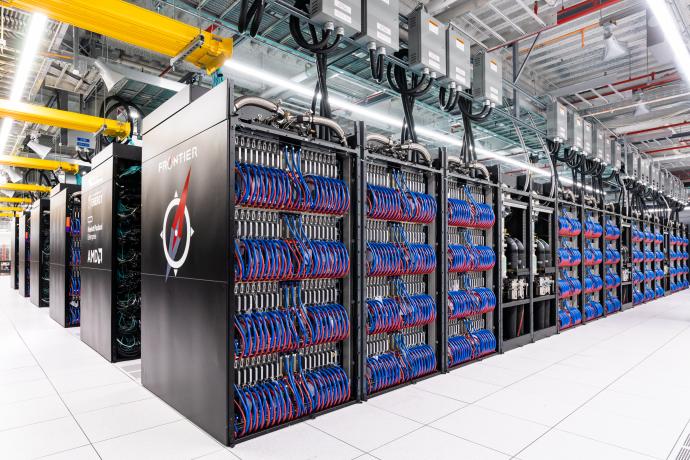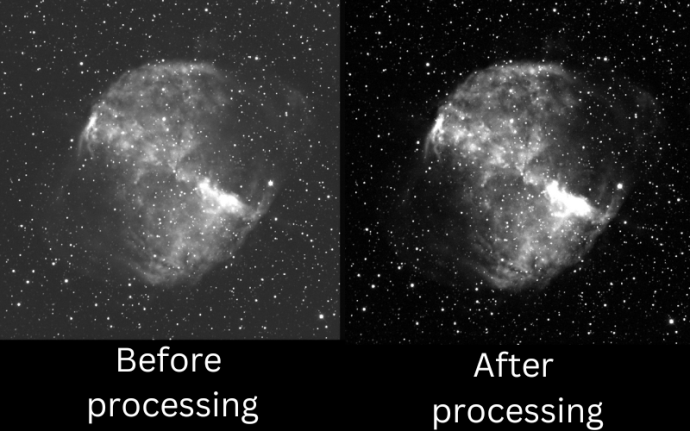Supercomputers
Supercomputers are types of computers which work together to act quickly.
They are often called high-performance machines. This is because they are able to process data a million times faster than the best desktop computers.

Image Processing
When you use a large telescope, like the LT, you are collecting data. The image is actually a huge grid of numbers. This data comes back in a raw form.

Investigate the Size of a Galaxy
Have you ever wondered how big a galaxy is? They contain millions to billions of stars but what does that really mean for size?
Reading about sizes in a book is one thing, but what if you could make an observation of a galaxy and then measure its size?
Find the Moon Missions
Did you know that 6 Apollo missions landed on the Moon? The first was Apollo 11 in 1969. The last was Apollo 17 in 1972.
Stars That Go Bang!
Supernovae are exploding stars which increase in brightness very suddenly and unexpectedly.
Keep Watch on Asteroids
Asteroids are small, rocky objects that orbit the Sun. Most are located between the orbits of Mars and Jupiter. This area of our Solar System is known as the Asteroid Belt.
Gravity Simulator
Is gravity the same everywhere? Experiment with how the ball reacts in each of the Solar System locations by dropping or throwing the ball. How similar or different is each location to Earth?
Jan Eldridge
Early Life
Jan read and watched lots of science fiction when they were a child. She liked how the science was a part of the story. However, she didn't think about going to university until a career advisor suggested it.
Research Areas: Numerical Modelling, Stellar Evolution, Binary Stars
Wanda Díaz-Merced
Early Life
Wanda was born in Gurabo, Puerto Rico. She used to play games, pretending to fly a spacecraft to another galaxy. Wanda won a prize at a school science fair. This experience made her feel like she could pursue a career in science.
Wanda started to lose her sight when she was a teenager. She lost her sight completely while studying for a degree in physics at the University of Puerto Rico. Wanda decided to keep studying at university, although it was difficult. She repeated classes until she got her degree. It took her six years.
Research Areas: Sonification, Black Holes
"I have to study, study, study. I am very determined. If I can do it [science], anyone can."
